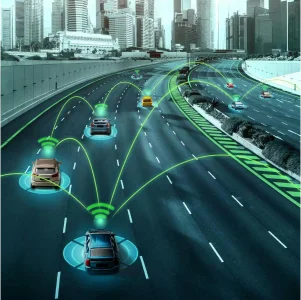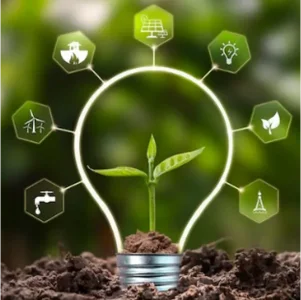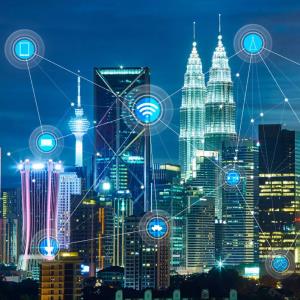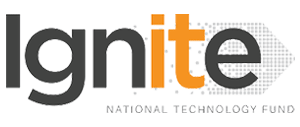Challenge-Driven Innovation Fund (CIF)
OVERVIEW
Submission deadline for full project proposal

Ignite Challenge-driven Innovation Fund aims to build on new, cutting-edge directions in information and communication technology to disrupt a field and a market or create new opportunities by realizing innovative technological solutions grounded in high-risk/high-gain research and development. With each specific challenge, the Ignite will establish a portfolio of projects that explore different perspectives, competing approaches or complementary aspects of the challenge. The complexity and high-risk nature of this research will require multidisciplinary collaborations.
With projects funded under the Challenge-driven Innovation Fund, the Ignite aims to build a portfolio of coherent projects with a medium to long-term business goal and a technology-based strategic plan. For this purpose they may include applied research, technology development and/or method/tool and integration, testing and validation on a small-scale prototype in a laboratory or simulated environment. Project outcomes must also include top-level scientific publications as well as an adequate formal protection of the generated intellectual property (IP). The activities have their center of gravity at Technology Readiness Level 3 to 4.
PRIORITY THEMES

- Ensuring secure, connected, cooperative and automated mobility and transportation
- Managing interactions between humans and vehicles
- Implementing infrastructure and services for smart personnel mobility and logistics

- Assistive technologies for differently-abled persons
- Bio-informatics and Big-Data Analytics
- Health information technology to identify disparities in healthcare systems
- Developing platforms for wearables/implants, data analytics, artificial intelligence for precision medicine, and personalized healthcare and well-being

Climate and environment modeling
Disaster surveillance and management
Protection of available trees through artificial intelligence system controls
Metro-scale pollution reduction technologies

Artificial Intelligence and Big-Data analytics for precision agriculture
Improving water management systems using ICT
ICT-enabled integrated pest management

Smart and sustainable energy solutions for urban, rural, and remote areas
Improving energy efficiency through community energy management
Innovative mechanisms for reduction in transmission and grid losses in legacy infrastructure

Sustainable urban design
Low-cost housing
Planning for and preservation of urban space and life
Quality of urban life such as issues related to transportation, waste collection and disposal, water and sanitation, healthcare and education, and law and order

Developing Digital twins, simulation models for the evaluation of industrial assets at all factory levels
Implementing AI and machine learning to detect anomalies or similarities and to optimize parameters
Developing digital platforms, application development frameworks that integrate sensors/actuators and systems





